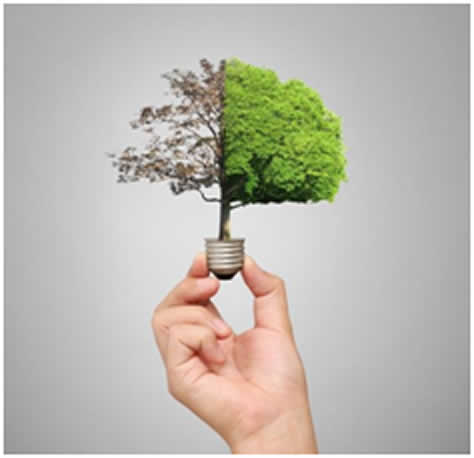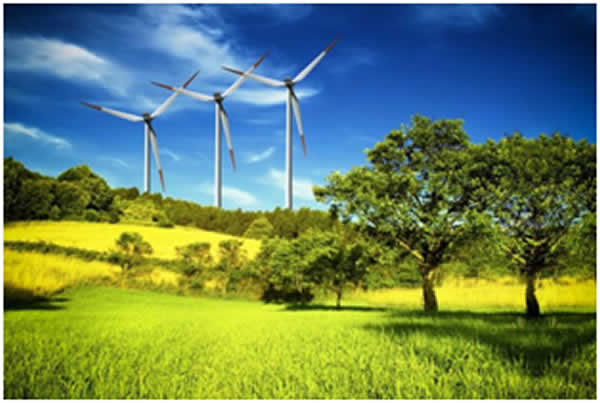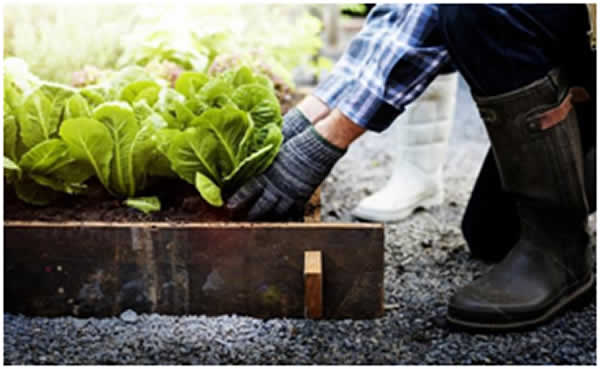Instilling positive habits on children from a young age is very important for their well-being and development. There are many effective ways to teach them about a variety of different positive lifestyle changes, such as diet, fitness, and dental hygiene. An often overlooked but very important concept to teach your children about is energy conservation. Fortunately, there are countless ways to teach your child in a fun and effective way. Informing your child about energy conservation will lead to them developing positive habits that not only benefit themselves, but other individuals and the environment as well! Read below to learn how to effectively teach children about energy conservation!

Start with a Discussion
If you are unsure of where to begin teaching your children about energy conservation, start with a simple discussion. Initially, it is best to keep it simple and explain basic concepts such as what energy is, where it comes from, and why it is important to conserve energy. You can also discuss specific concepts such as renewable versus nonrenewable energy sources. While this may not seem like an exhilarating conversation subject to young children, it is of the utmost importance.
Heat or Cool Your House Without A/C
Another way to conserve energy at home involves heating and cooling. There are several energy efficient ways to heat or cool your home. Teach your child to turn on the ceiling fan or open a window instead of blasting the air conditioner. These methods use no energy and are more beneficial for your home. However, you can also use your home’s HVAC system to teach your children about energy conservation. For example, ductless mini splits are an efficient way to heat or cool your home, and they are available in single and multi-zone systems. Single zone systems consist of an outdoor unit connected to a single indoor unit, while multi-zone systems have multiple indoor units.
With a multi-zone system, you can alter the temperature in one room or “zone” without impacting the other. With this system, you can teach your child to alter the temperature of a zone when it is not in use. They can turn it off entirely or significantly decrease the temperature and/or airflow. There’s just no need to have the air conditioner running if nobody is using the room. This will teach them to conserve energy and also lower your energy bill!
Energy Star Kids
Energy Star is a program coordinated by the U.S. Environmental Protection Agency and Department of Energy designed to expand awareness on energy efficiency. On their website, they have an interactive section specifically geared for children, aptly titled Energy Star Kids. This is an effective and fun way to explain energy efficiency concepts to children. If your child does not enjoy this specific website, there are other similar interactive sites, such as Physics4Kids, that they may prefer. If you use your resources properly, you can find something online for them. Some children prefer this style of interactive learning over reading or conversations, and it can be a very effective tool to teach them about energy conservation.

Practice and Enforce Positive Habits at Home
While talking about energy conservation is an excellent jumping-off point, it is not enough. Enforcing positive habits at home is an even better way to effectively teach children about energy conservation. Many children learn best by actions, and you can set an excellent example for them. If they see you practicing good energy conservation habits, they will likely follow suit.
It is very simple to practice positive energy conservation habits at home. For example, encourage your child to turn off lights when they leave a room. Leaving lights on uses energy, which is wasteful and harmful to the environment. This also causes your energy bill to rise and your light bulbs to burn out quicker.
On a similar note, encourage them to turn off and unplug appliances when they are not in use. For many appliances, turning them “off” does not turn them off. Rather, they remain on standby, waiting to be turned back on. They are still using electricity, and this phenomenon is called a “phantom load.” This can easily be eliminated by unplugging the appliance entirely. While this seems simple enough for one appliance, it can be a chore to do for multiple appliances. Purchasing power strips for your home will make this process much easier.
You can also encourage children to take shorter showers or baths to teach about water conservation. While a long shower or hot bath can be very therapeutic and relaxing, it is also wasteful. It takes a significant amount of energy to heat the water for an extended period of time. The average bath uses 25 gallons of water, while a short shower uses only seven gallons of water. By encouraging your child to shorten their shower time or fill up their bath less, your water bill significantly decreases. They will also conserve a significant amount of energy!
Incentivize or Reward Your Children
Children often need extra motivation to do certain tasks. Therefore, use incentives and rewards to help them practice energy conservation habits. For example, you can create a chart and leave a sticker each time they do something positive. After a certain number of stickers, treat them to a fun activity or their favorite meal! This is an excellent way to motivate children, and it will go a long way toward teaching them about energy conservation.
Take Your Children Outside More
Finally, you can utilize the outdoors to teach your children about energy conservation. Get them out of the house and show them the beauty of the outdoors by taking them on a hike or to the beach. You can also practice positive outdoor energy conservation habits at home by planting a garden or composting in your yard. Preserving nature is a direct positive of conserving energy, and this is better emphasized when seen firsthand.

Showing your children positive energy conservation habits is very important for not only themselves, but others and the environment as well. With this helpful guide, you’re ready to effectively teach your children about energy conservation!
